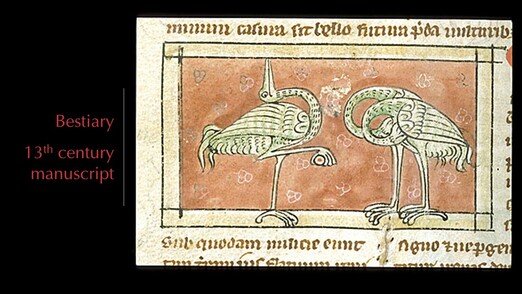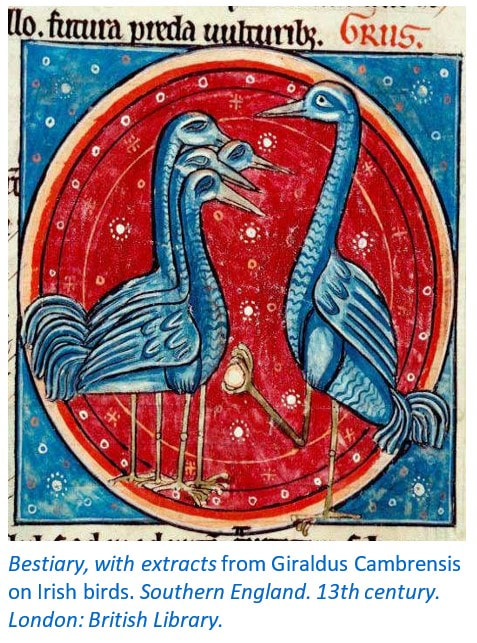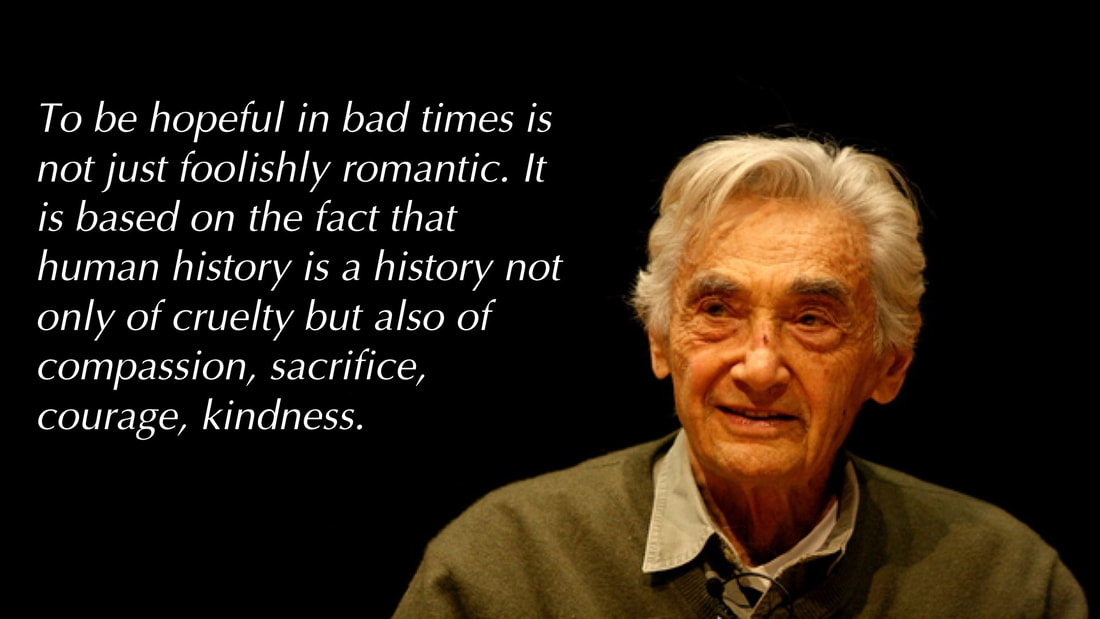Scott AndersonAmos 5:18-24 † Psalm 70 † 1 Thessalonians 4:13-18 † Matthew 25:1-13 A video version of this sermon can be found here. Keep awake! That’s the message Jesus draws from this murky story in Matthew right before the parable of the talents which we’ll see next Sunday. There’s all this detail in the story—a bridegroom, but no bride anywhere to be found; lamps (which are really torches) and oil. Five brought oil, the other five didn’t. It’s not that they didn’t bring enough, they just didn’t bring any, or maybe they didn’t have any. And apparently there’s an all-night oil shop open somewhere down the road. All ten bridesmaids--virgins actually, fall asleep, by the way. All of them. The bridegroom arrives late, seriously late, and five make it into the party and five are shut out. And Jesus tells his listeners to keep awake. In his Natural History—one of the largest single works to have survived from the Roman Empire Pliny writes:
When they settle down, the main body go to sleep with their heads under their wing, standing first on one leg and then on the other, while their leader, with his head uncovered, keeps a sharp look out, and when he sees anything of importance signals it with a cry.[ii]  So, keep awake!—a constant theme in the scriptures to be sure. But what do we make of this story to tell it? Nicola Slee does a little accounting for us in an article called “Parables and Women’s Experience.”[iii] In Matthew there are 104 parables and sayings, in which 85 characters are mentioned. 73 of them are men, only 12 women. Among the 12 women, 10 of them are these bridesmaids, so in total there are 3 instances in which women are mentioned in all the 104 parables and sayings. In other words, women are underrepresented—essentially invisible in the scriptures. Now it is also true that the New Testament and the scriptures as a whole were arguably forward looking and generous for their time when it comes to marginalized people, but we are still wise to read these stories with an ear for the voices and perspectives of women and other groups that are treated uncharitably or largely silenced. Keep awake. Richard Swanson puts it this way. No matter how you slice the story, it does its work by separating and excluding. The women are separated from each other and they do not offer aid. The bride is completely absent. The late arrivers are shut out. This story of separation and exclusion aims its energy at women. But it turns out Jesus doesn’t. We should not miss this. “I am suspicious of such stories, and have come to distrust them,” Swanson writes. There is danger in narrative schemes that only work if women are made to be morons. There is danger in any theological structure that imagines that separation and exclusion are the essence of faithfulness. It is time we pointed these dangers out.[iv] And then Swanson looks ahead to the end of the story. There he finds that Jesus no longer does his work by separating and excluding, assuming he ever did—even in a hyper-partisan time that we too might have some familiarity with. In Matthew 28, for example, when Jesus appears to his gathered disciples, some of which are “wise” enough to worship, and some “foolish” enough to doubt, he slams no doors, he provokes no separation. Instead he sends the whole mixed group out to baptize and teach and he promises that he will be with them all, with all of them through the age. Keep awake. A HuffPost article caught my attention: “2020 Feels Like An Apocalypse Because It Is One.”[v] In it Giovanni Bazzana, a Harvard Divinity New Testament professor reminds us that the Greek word apocalypse is a revelation or uncovering. This year, he suggests, “has revealed truths about American society that can’t be ignored or swept under the rug―whether it’s inequality in health care, racial injustice or the ineptitude of the government.”[vi] There are these moments in our lives and in history that reveal big truths that prefer to stay hidden. Apocalypse, you see, is not so much a sense of visions or prophecies as it is revelations in the sense of seeing the truth of things. So a pandemic that upends our daily lives, wildfires raging all along the West Coast, widespread protests, divisive elections and manipulative politics filled with untruths in which the incumbent has yet to commit to a peaceful transition of power but is instead stoking misinformation and violence. And murder hornets! It is no wonder that Google searches for “apocalypse” spiked in March with the coronavirus shut-down.[vii] And then the months that followed provided plenty of fodder for apocalyptic thinking. I mean, come on: Murder hornets! Apocalyptic thinking can be found in religious texts of all three of the Abrahamic faiths—Judaism, Islam, and Christianity. They all understand there are moments where the truth of our lives can no longer be hidden. And this, it turns out, has the potential to be good news—a potential turning point, an opportunity for us to wake from our sleep and give ourselves to the honest reckoning that just might turn our future around. Wake up, Amos says: True religion is not empty, archaic practice that hedges the truth with nostalgia for the way things never were. It’s justice and righteousness. It’s the possibility of fullness of life for everyone, not just a privileged few. Keep awake, Jesus tells us. So this, beloved siblings, is our good work in these apocalyptic times—to keep awake, to discern what is happening and what is not, and even more importantly to remember and proclaim where our hope and our salvation comes from, and where it doesn’t. I am moved by the work of Howard Zinn, a historian, playwright, and activist who spent a lifetime working to uncover the myths we live with that deprive us of the well-being and peace that comes by way of justice. You are saying our problem is civil disobedience, but that is not our problem. Our problem is civil obedience. Our problem is the numbers of people all over the world who have obeyed the dictates of the leaders of their government and have gone to war, and millions have been killed because of this obedience. Our problem is that people are obedient all over the world, in the face of poverty and starvation and stupidity, and war and cruelty. Our problem is that people are obedient while the jails are full of petty thieves, and all the while the grand thieves are running the country. That’s our problem. But in the same spirit of this faith of ours, he also understood that we always live in hope—not only because of the power of truth and wakefulness, but because of the power of the Spirit of Life that lives in us and bends history: “To be hopeful in bad times,” he said, “is not just foolishly romantic. It is based on the fact that human history is a history not only of cruelty but also of compassion, sacrifice, courage, kindness.” Beloved of God, keep your lamps trimmed and burning, stay awake. The Spirit of God, the Spirit of truth is here.
Amen. Notes: [i] Pliny. Natural History. Book X, Chapter 30. Retrieved on November 4, 2020 from Art & Faith Matter|s blog: http://artandfaithmatters.blogspot.com/2017/11/art-lectionary-stay-awake.html. [ii] Aristotle. History of Animals. Book IX.X. Retrieved on November 4, 2020 from Art & Faith Matter|s blog: http://artandfaithmatters.blogspot.com/2017/11/art-lectionary-stay-awake.html. [iii] Parables and women's experience, The Modern Churchman 26/2 (1984), pp. 20-31 (reproduced in Loades, A. (ed.) Feminist Theology: A Reader [SPCK, 1990], pp. 41-47. She is quoted in Raj Bharat Patta. “The Politics of Representation—Matthew 25:1-13” in political theology.com. Retrieved on November 4, 2020 from: https://politicaltheology.com/the-politics-of-representation-matthew-25-1-13-raj-bharat-patta/. [iv] Richard Swanson. “A Provocation: Twenty-third Sunday After Pentecost: November 12, 2017: Matthew 25:1-13” in the blog Provoking the Gospel, November 6, 2017. Retrieved on November 6, 2020 from: https://provokingthegospel.wordpress.com/2017/11/06/a-provocation-twenty-third-sunday-after-pentecost-november-12-2017-matthew-251-13/. . [v] Carol Kuruvilla. “2020 Feels Like An Apocalypse Because It Is One”. Huffington Post, October 30, 2020. Retrieved on November 6, 2020 from: https://www.huffpost.com/entry/apocalypse-2020_n_5f8f824ac5b6b005f5f0a7c0. [vi] Ibid. [vii] Retrieved on November 6, 2020 from https://trends.google.com/trends/explore?q=apocalypse&geo=US.
0 Comments
Leave a Reply. |
St. Andrew SermonsCategories
All
|





 RSS Feed
RSS Feed